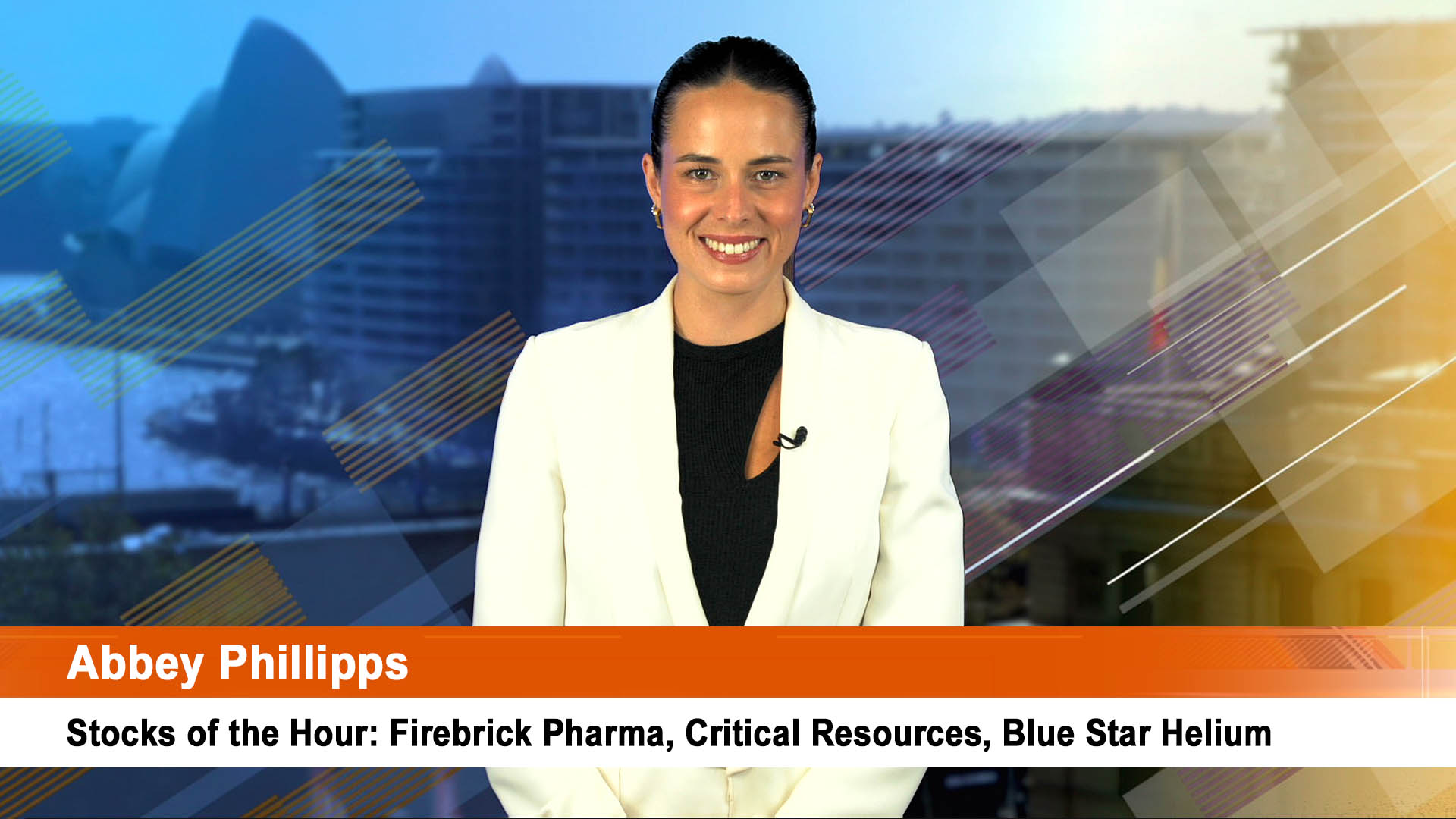The solid annual results from Transurban yesterday sank like a stone so far as investors were concerned – not because they were boring but because the bigger story remains whether the company will be blocked by the competition regulator from being involved in the purchase of Sydney’s WestConnex toll road project under construction by the NSW government.
If the company is allowed to participate, security holders will get a forecast total payout of 59 cents a share. If it is blocked, Transurban wouldn’t say what the figure would be.
The market moved the shares up 1% yesterday to $12.02.
Transurban told the ASX that it more than doubled its annual net profit in the year to June due to revenue growth from its Australian and North American operations as well as the impact of the Trump tax cuts.
An increase in average daily traffic of 2.2% across the group helped lift the company’s revenue by 20.7%, to $3.298 billion, helped in part by higher fees for heavy trucks in Melbourne and higher useage of some of its toll roads by the same type of vehicle.
Transurban declared a final dividend of 28 cents.That took the full year payout to 56 cents a security.
Profit from ordinary activities after tax excluding significant items increased 134.3% to $489 million.
In announcing the 56 cents a share total payout up from 51.5 cents a security in 2016-17) Transurban gave guidance for a dividend payment of 59 cents for 2019, provided it is successful in its bid for Sydney’s WestConnex project.
On a call with analysts, CEO Scott Charlton would not comment on what the distribution would be if it were not successful. The competition watchdog is deciding whether to allow Transurban to buy a 51% controlling stake in the complex road and tunnel network through the mid west of Sydney. A decision has been put off until next month by the Commission.
Transurban has lodged its bid to keep in the game but being the dominant toll road owner in NSW makes it hard to see how the ACCC can approve its participation in WestConnex’s ownership other than a small holder. Looking at 2017-18 the company said its best growth was in Melbourne, where revenue from CityLink jumped 13.4% to $780 million.
Traffic grew 1.4% in total on Citylink, with some disruption due to works on the Tullamarine freeway, but the number of trucks using the road grew almost 9% and fees for heavy vehicles rose, Transurban said.
In Sydney, revenue grew 8.3%, with average daily traffic growth of 3.1%, which Transurban said was also due to more heavy vehicle traffic.
Transurban said Earnings before interest, taxation, depreciation and amortisation (EBITDA) grew 9.1% in Sydney and 15.7% in Melbourne.
Transurban said revenue growth in Brisbane was curtailed by “improved fee arrangements for customers”, growing by only 2.1% on a 2.6% rise in traffic.
The company was able to grow it earnings margin in each city, with a high of 88.2% in Melbourne, followed by 81% in Sydney.
In North America, where Transurban earns just under 10% of its revenue from roads in the Washington DC area, revenue grew 7.1% on traffic growth of 1.9%.
The company also received a $105 million boost in the form of a deferred tax asset from Donald Trump’s corporate tax rate cuts.













